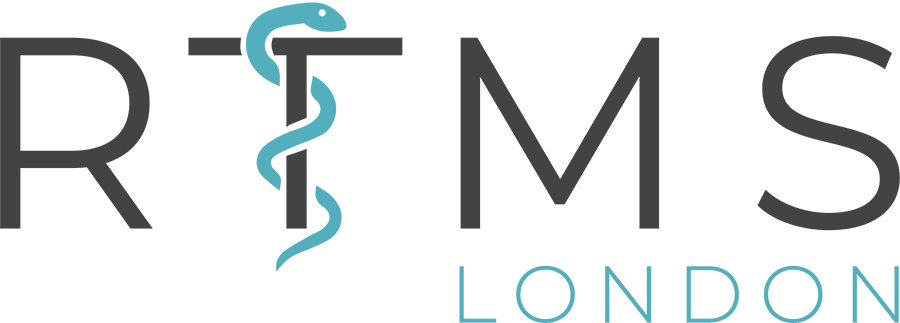5 signs you may have a rotator cuff injury
Our bodies are a complex mixture of organs, muscles, tendons, ligaments and systems which all must function properly for us to be healthy. In terms of muscle groups, the rotator cuff is made up of 4 muscles which go from the scapula (shoulder blade) to the humerus (upper arm).
Injuries to these muscles can be fairly common – often in older people or those who perform overhead actions repetitively. If you feel like you have an issue in this part of your body, it is key to find an effective rotator cuff injury treatment. But what are 5 tell-tale signs that you might need help?
1. Dull pain in your shoulder
One very common sign that means you may need rotator cuff injury treatment is a dull pain in the affected shoulder. This can be something you start to notice in everyday life and which comes on when you try to perform certain activities involving your arm/shoulder.
2. Limited range of movement
Whether it is a rotator cuff injury from a traumatic incident or from general wear & tear, another common sign is experiencing a limited range of movement in your shoulder/arm. This can often present itself as being unable to perform actions overhead or behind your back.
3. Weakness in the affected arm
As you would expect, tears or stains to the muscles included in your rotator cuff often cause weakness in the affected arm. This is because the damaged muscles are not able to work as effectively as they normally would and are therefore not as strong.
4. Difficulty sleeping on the painful side
Many people with an injury of this kind often find it difficult to sleep on the affected side. As the torn or strained muscles are naturally painful, this means any pressure placed on them as you sleep can cause distress. Although you could sleep on the other side, this may not feel natural or you may roll back onto the painful side during the night. The net result can be an inability to sleep as soundly as normal.
5. Clicking sounds during shoulder movement
Perhaps the last classic rotator cuff injury sign to watch out for is clicking sounds when you move your shoulder. Although not necessarily something to be overly concerned about on its own, this can be the sign of the humerus head not moving smoothly within the scapula socket, and may be something to seek advice about.
What options are there for rotator cuff injury treatment?
Surgery has sometimes been seen as the go-to option for this type of injury, if rest or gentle exercise does not work. This is no longer true though, as Magnetic Shock Wave Therapy can be a more effective and less invasive choice. This painless, non-invasive procedure is ideal for treating injuries to the rotator cuff and other parts of the body.
Magnetic Shock Wave Therapy treatment uses gentle electrical pulses to stimulate the nerves within the rotator cuff muscles, promoting healing through gentle contraction/relaxation of the damaged muscles. This not only helps encourage better blood flow to them but also helps make the affected area less sensitive.
Rotator cuff injury treatment with RTMS London
We are the first UK clinic to offer Magnetic Shock Wave Therapy treatment to the public. Our fully trained specialists are experts in using this treatment to help people recover from rotator cuff issues safely. Get in touch today at rtmsharley@gmail.com or on 020 7730 8508 to book your consultation.
Posted on 23rd June 2022
